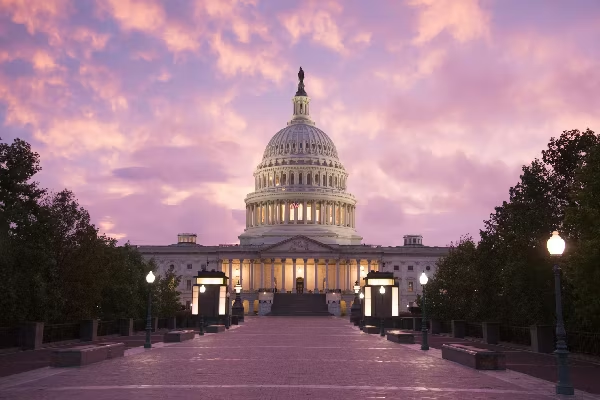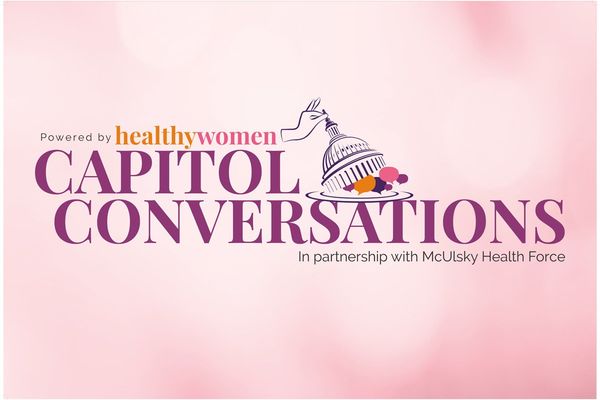For millions of Americans suddenly out of work because of the novel coronavirus pandemic, losing a job may also mean losing access to health insurance.
Federal and state governments have responded to this crisis by increasing insurance options. As of late March, 11 states and the District of Columbia have reopened enrollment in their ACA insurance marketplaces, and the federal government is considering opening ACA enrollment in the 32 states that use HealthCare.gov.
These steps — in addition to free coronavirus testing and reduced treatment costs — should relieve some of the burden. But shopping for health insurance at any time is a difficult process, and for those who have just lost their job during an ongoing national crisis, the task may feel overwhelming.
The good news is that the basics of open enrollment still apply in this situation. You are looking for an insurance plan to protect you against unexpectedly high costs.
As you navigate the marketplace, here are three factors to consider if you are suddenly out of work and trying to understand your options.
COBRA or ACA: You Have 60 Days To Decide
If you worked for a company with at least 20 employees — and got your insurance through that company — then in most cases you can continue that insurance for 18 months under a law called COBRA. You do have to pay the entire monthly premium, which is likely higher than what you paid before, since your employer probably paid part of the monthly cost.
Whether or not you are eligible for COBRA insurance, you are eligible to sign up for ACA insurance if you have lost your job.
However, for either option, you have to decide within 60 days.
You May Qualify for Reduced ACA Premiums
For ACA insurance, if your income is below 400% of the poverty line ($51,040 in annual income for an individual or $103,000 for a family of four people, according to 2020 guidelines), then you will qualify for reduced monthly premiums. If your income is 250% of the poverty line, deductibles and co-payments are reduced under the Cost-Sharing Reduction (CSR) part of the ACA.
If you have the choice between COBRA and ACA insurance, remember that those reduced premiums and cost-sharing reductions through ACA can be significant.
First-Time Buyers Option
If you didn’t have insurance before — because you worked for a company that didn’t offer it, or you just didn’t want to buy it through the ACA — then, if you live in those 11 states or DC that have temporarily opened up enrollment through their marketplaces, you can now sign up as you would have during the normal open-enrollment period.
Why You Need Insurance
The current pandemic shows us, in vivid color, the importance of having insurance to protect ourselves against unexpected health-care costs. Without insurance, an accident or viral illness could cost you thousands or tens of thousands. A new report estimated that hospitalized COVID patients without insurance may owe more than $73,000 for their care.
Take the time you need to figure out your insurance options and what is best for you. And remember while COBRA may have great benefits and feel familiar, an ACA plan may be better for you and your family if you qualify for reduced premiums. Even if you’ve never had insurance before, find out if your state has reopened its ACA marketplace or is offering other options.
Finally, know that you are not alone. If you are struggling to find adequate health insurance, share your story with your governor, the Secretary of the U.S. Department of Health and Human Services, or even the White House. When enough people speak up, elected leaders are more likely to take action.







